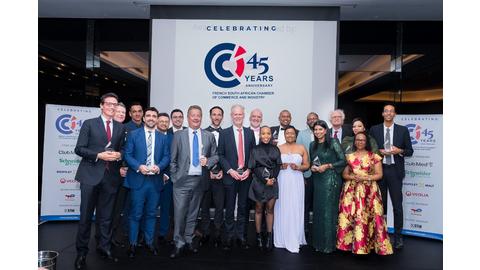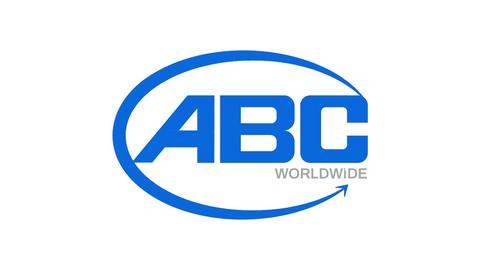New members
Harnessing Industrial Heat Recovery: Advancing Energy Efficiency and Sustainability

Industrial heat recovery technologies are pivotal in enhancing energy efficiency, reducing greenhouse gas emissions, and promoting sustainable industrial practices.
This is according to Jacques Guittard, Technical Director of IROKO Africa, a member of the French South African Chamber of Commerce and Industry (FSACCI).
Recoverable heat from industry is a big chance. It can save energy and cut emissions. Technologies such as direct heat utilization, heat storage, Organic Rankine Cycle (ORC), and absorption chillers can unlock this potential.
Direct Use of Heat:
Using waste heat directly from industry for space or water heating reduces the energy needed for steam. For example, it can preheat boiler feedwater.
Heat Storage Systems:
Storing excess heat during low-demand periods with thermal energy storage tanks or materials like ceramics. This decreases reliance on continuous heat recovery systems.
Organic Rankine Cycle (ORC) Technology:
ORC systems convert low to medium-grade waste heat into electricity. They do this by using vaporized working fluids to drive turbines. The heat they can use ranges from 80°C to 300°C.
Absorption Chillers:
Absorption chillers use waste heat for refrigeration. They provide cooling for industry or air conditioning. They offer an eco-friendly option to standard chillers.
Various industries worldwide generate billions of gigajoules (GJ) of waste heat each year. The EU's industry alone produces over 1,500 petajoules (PJ) yearly. Collaboration among stakeholders, policymakers, and technology developers is vital. It will speed up the adoption of these technologies. This will advance energy efficiency and sustainability in industries.
Read the full article below:














